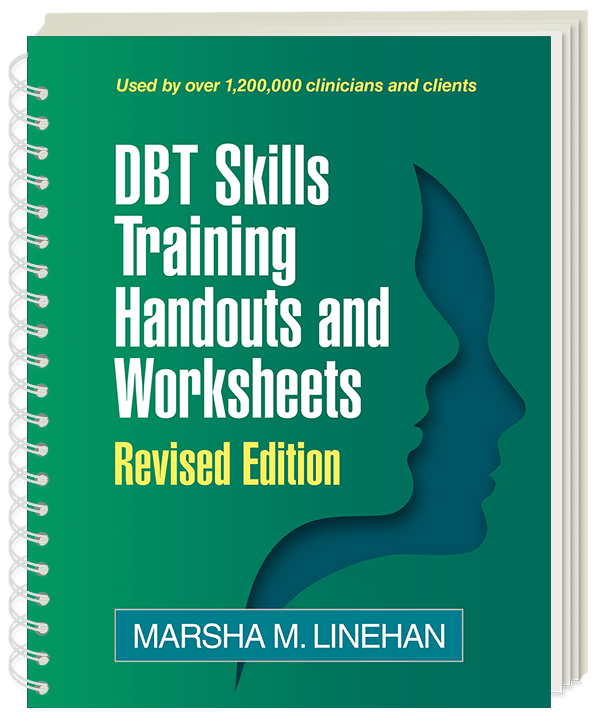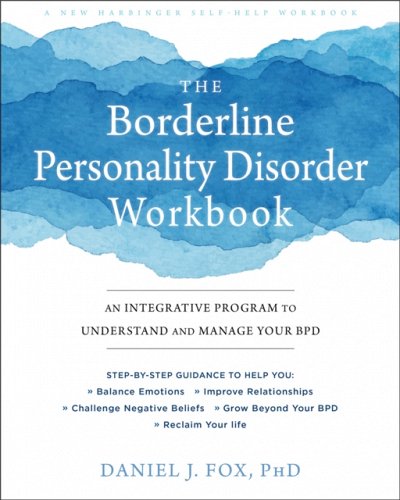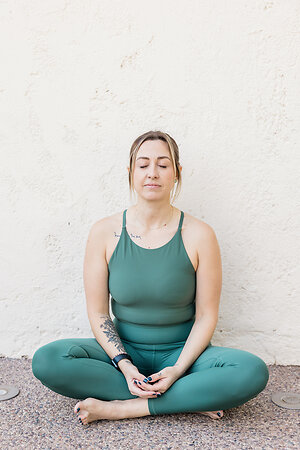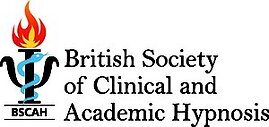Book a free discovery session and we can explore whether this is the right time for you to work with me towards overcoming your emotional difficulties.
Hypnotherapy is psychotherapy with an additional hypnosis tool. As a clinical hypnotherapist I can work to help you with or without hypnosis. Be wary of lay hypnotherapists who cannot help you with your emotional problems without hypnosis. They should be fine for simple issues such as fingernail biting or however.
Q1) Will I be 'under your power' during hypnosis?
Absolutely not!
In summary:
Hypnosis is a clinical tool which can be used to reinforce psychotherapy (CBT, DBT).
Hypnosis is a state of focussed attention, like being engrossed in a film or a good book.
You can't be made to do silly or embarrassing things like you may have seen in stage hypnosis entertainment!
Self-hypnosis is a skill which almost any client can learn.
The client is actively “doing” self-hypnosis and can choose to stop whenever she wants.
Q2) What practical things will I need for our online sessions?
You need safety and privacy - a peaceful room where you won't be interrupted/overheard during the session. Headphones/ear buds are ideal. I will check your personal safety arrangements at the start of every session. I will check your contact number.
A comfortable chair, ideally with headrest + notepad/pen +/- anything you need for comfort.
A stable internet connection for video calls over MS Teams + connected laptop/tablet set up opposite your chair so that I can see the upper half of your body. We will agree arrangements in case of internet disruption.
Q3) How will I feel afterwards?
If we have practised relaxation, I usually recommend that you avoid driving/operating heavy machinery for 30 minutes or so afterwards, for you to obtain maximum benefit. You will be able to respond to eg. a fire alarm even during hypnosis.
Q4) Does it (hypno-)therapy work?
I teach you life skills to help you achieve your SMART goal. There is no 'it' with therapy; you do the work with my expert guidance.
Q5) How long does the benefit last?
For as long as you continue to use the skills and techniques you have learnt. It's like playing a musical instrument- practice is necessary and then the desired behaviour becomes an automatic habit.
Q6) How do I learn self-hypnosis?
I will teach you. Self-hypnosis is a skill like learning to drive/write/play a sport- it takes regular practice.
Recommended books if you'd like to read about BPD / Emotionally Unstable Personality 'Disorder'
I can provide weekly or fortnightly DBT-informed therapy if you are not in a NHS DBT group. I recommend that you buy the paper version (which also gives to access to the ebook version) of the DBT client workbook.

👉🏻DBT Skills Training Handouts and Worksheets, Third Edition, (Spiral-Bound Paperback) a book by Marsha M. Linehan
Some clients with BPD / EUPD have found the following book helpful for a DIY overview:
👉🏻The Borderline Personality Disorder Workbook: An Integrative Program to Understand and Manage Your BPD a book by Daniel Fox. (bookshop.org)


